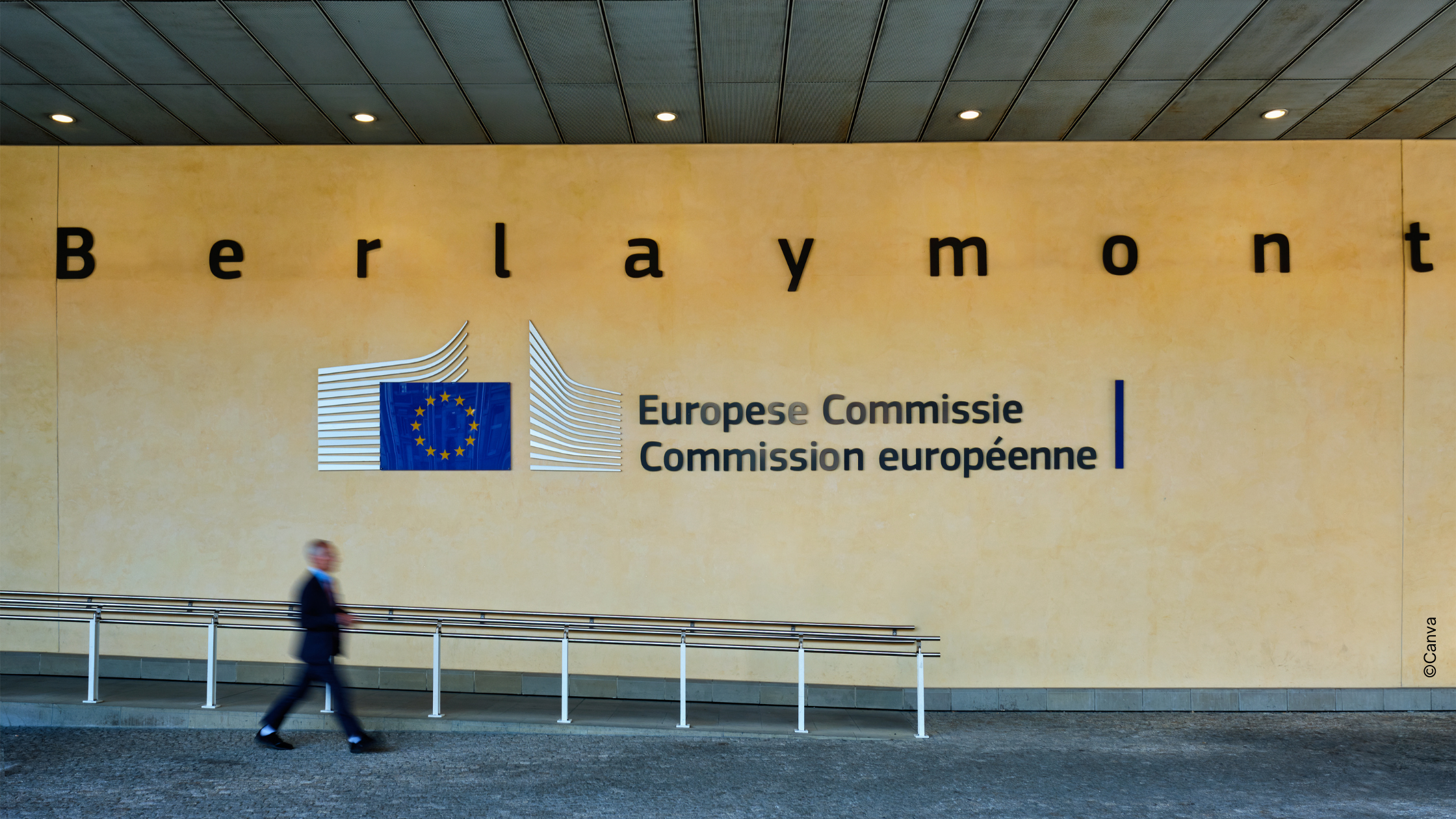By Theresa Zeng (FRFG Ambassador) and Lena Winzer (FRFG Project Manager)
Earlier today, the European Parliament approved Ursula von der Leyen’s second-term European Commission, clearing the way for her 27-member team to take office on 1 December 2024. With 401 votes in favour, the commission was successfully endorsed despite debates around its composition and political direction. Von der Leyen’s carefully curated cabinet aims to address pressing issues such as climate change, security, and social justice, reflecting a balance between continuity and new priorities.
One of the most striking appointments is that of Glenn Micallef, a 35-year-old Maltese politician, as Commissioner for Intergenerational Fairness, Youth, Culture, and Sport. With his youthful energy and significant experience in Maltese and EU politics, Micallef’s appointment signals an intent to bring intergenerational concerns to the forefront. Yet, while his portfolio holds promise, it also raises critical questions about the depth and prioritisation of intergenerational fairness in EU policymaking.
Ambitious Promises for Intergenerational Fairness – But Lacking Clarity
In his confirmation hearing, Micallef pledged to develop a “comprehensive strategy for intergenerational fairness,” designed to evaluate the long-term impacts of today’s decisions on future generations. While this vision is commendable, it is light on specifics. Proposals such as integrating intergenerational perspectives into various policy fields and fostering cross-generational initiatives sound promising but lack the detail needed to transform aspirations into actionable plans.
Micallef’s youth-focused initiatives, like the “youth test” to assess the impact of policies on young people and the creation of a Youth Advisory Board, reflect his commitment to empowering younger generations. However, his emphasis on youth risks overshadows the broader intergenerational fairness concept. This framework demands a more holistic view that includes not only the needs of today’s youth but also those of future generations.
The conflation of youth policy with intergenerational equity is a recurring issue. While these areas overlap, they are not interchangeable. True intergenerational fairness requires a robust framework that ensures long-term sustainability and fairness across all ages – particularly for those yet to come.
Challenges of a Crowded Portfolio
Another challenge lies in the sheer scope of Micallef’s responsibilities. Combining intergenerational fairness with youth, culture, and sport creates a portfolio that risks being spread too thin. Many of the areas under his purview fall within the EU’s supportive competencies, meaning the EU can coordinate and fund initiatives but lacks direct legislative power. While programs like Erasmus+ and a strategic cultural framework are vital, they could divert resources and attention from the broader and more complex demands of intergenerational fairness.
The potential for meaningful change is stronger in areas where the EU has greater authority, such as social and employment policy. For example, addressing gaps in social protection for atypical workers, reducing poverty across all age groups, and combating health and educational disparities could contribute significantly to intergenerational fairness. However, these areas demand a clear roadmap, which Micallef has yet to provide.
Intergenerational Fairness: A Test for EU Leadership
A significant milestone is the decision to create a commissioner role explicitly dedicated to intergenerational fairness. Yet, the real challenge lies in ensuring this role translates into substantive action rather than symbolic gestures. Micallef’s success will hinge on his ability to embed intergenerational perspectives into EU policymaking while balancing the competing demands of his extensive portfolio.
A mid-term review of Micallef’s progress would provide critical insights into his ability to deliver on his promises. Civil society organisations, like the Foundation for the Rights of Future Generations (FRFG), can play a crucial role in holding him accountable and ensuring that future generations remain a priority in EU policies.
As Micallef begins this ambitious journey, his success will not only depend on executing individual projects but also on elevating intergenerational fairness as a guiding principle across all EU initiatives. His tenure could mark a turning point – if he embraces the full scope of his mandate and advocates for policies that recognise the profound responsibility we bear toward future generations.




